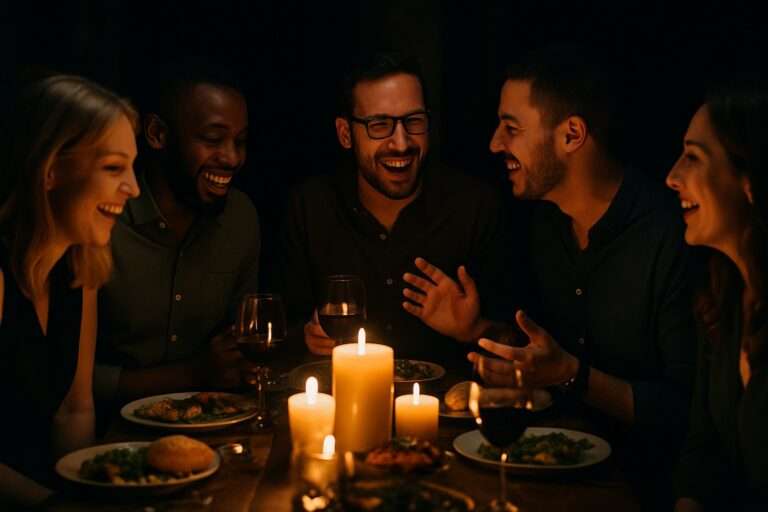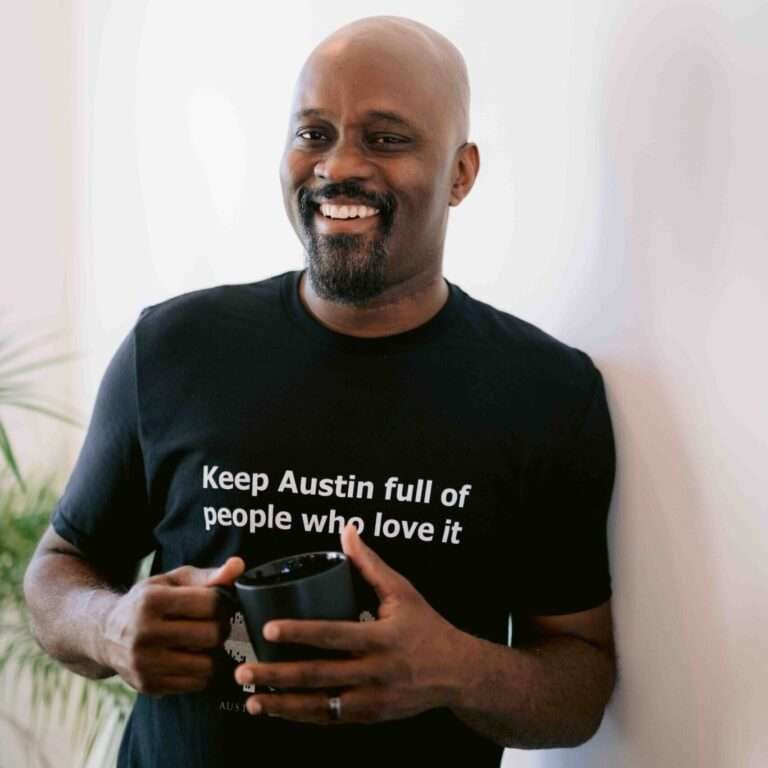

Unconditional Love vs. Sustainable Relationship: Navigating the Difference
As I’ve grown older, I’ve come to deeply appreciate the difference between family connections built on love and those built on love and relationship. My love for my family is—and always will be—unconditional. It is steadfast, unwavering, and rooted in the bonds of shared history, care, and connection. But love alone isn’t enough to sustain a meaningful, thriving relationship. Relationships require trust, respect, and acceptance. Without these elements, the bridge between two people becomes fragile, no matter how much love remains at its foundation.
What I’ve come to realize over the years is that relationships become increasingly challenging when the beliefs and perspectives of the people involved are fundamentally at odds. To be clear, I firmly believe in the value of differing opinions. Conversations rooted in diverse perspectives can be enlightening and even transformative. But for a relationship to endure, there must be alignment on certain non-negotiables—those core elements that define who we are as human beings.
For me, the ultimate non-negotiable is my identity. It’s not just one thing; it’s everything. My racial identity as an African-American man and my sexual identity as a gay man are not preferences or opinions. They are intrinsic parts of who I am. These facets of my existence are as unchanging as the fact that I was born and will someday pass away. They are not up for debate, nor are they sins or mistakes to be corrected. They are me.
When someone is vocally or actively against any part of my identity, it creates a barrier to a true relationship. It doesn’t matter how often they say they love me if that love comes with a caveat, such as “hate the sin, love the sinner.” My identity is not a sin. To frame it as such is to fundamentally misunderstand me—and, worse, to reject me. Love cannot thrive in the shadow of rejection. And while I will always love unconditionally, I cannot sustain a relationship where my love is unrequited or where my core identity is unwelcome.
This distinction between love and relationship has been one of the most difficult lessons of adulthood. There is a profound grief in recognizing that some connections cannot move beyond the love that binds them. But there is also a profound freedom in prioritizing relationships that honor and affirm who I am. Love without relationship may endure, but it cannot grow. Relationship, on the other hand, requires mutual respect, shared understanding, and an embrace of each other’s truths. Without these, love may remain, but it will always remain distant.
For me, this is not about demanding agreement on every topic or shutting out differing viewpoints. It’s about drawing a line where disagreement becomes rejection—when the essence of who I am is seen as wrong, broken, or sinful. In those moments, I must step back, not out of anger or bitterness, but out of self-respect and a commitment to honoring the fullness of who I am.
So, yes, I love unconditionally. But for a relationship to flourish, there must be trust, respect, and acceptance. Without these, love may persist, but the relationship cannot. And I’ve learned to make peace with that distinction, knowing that my love is never wasted but also knowing that my relationship must be grounded in mutual understanding and affirmation of the identities that make me who I am.
That said, unconditional love has no expiration. If I am ever truly needed, I will be there. If there is an emergency, a crisis, or a moment where my presence or support is required, I will not hesitate. My love means I will hold them in my prayers and thoughts always, wishing them well, hoping for peace and growth in their lives. But I will not spend time or waste emotional energy on those I love but with whom I cannot share a meaningful relationship. Life is too precious, and relationships too sacred, to be tethered to those who cannot fully see or accept me for who I am. My love remains, but my focus is on the relationships that uplift and affirm us both.

